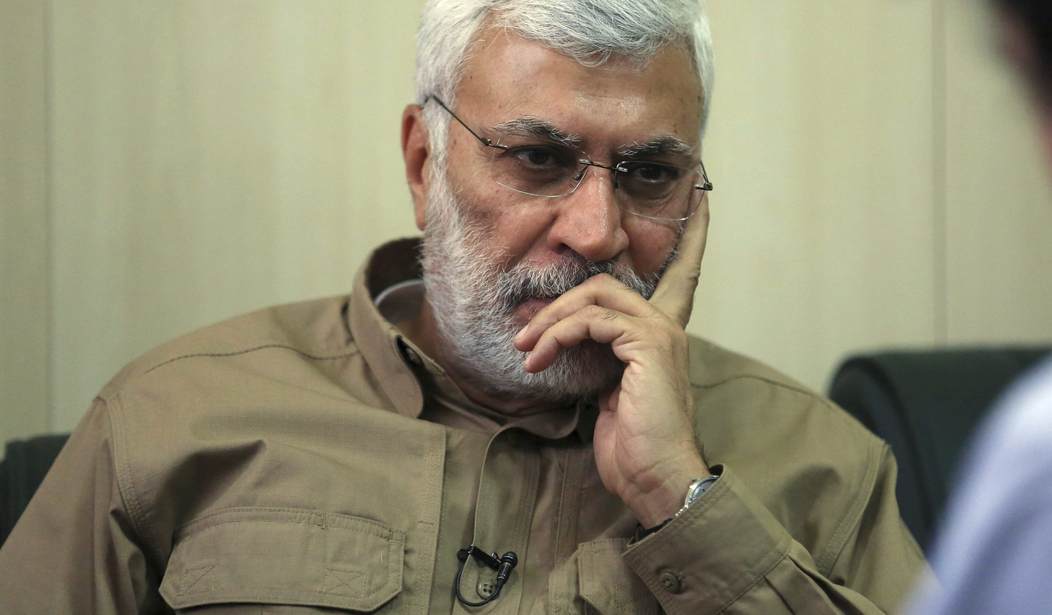It’s an old joke that engineers believe that you shouldn’t make things simple and efficient when they can be made complex and wonderful.
It’s become an old joke because it wryly acknowledges a truth about engineering, and in fact about all intellectual pursuits: it’s a lot easier to look smart with a solution that is too complicated for people not in your in-group to understand.
The opposite pole is Richard Feynman’s technique for learning a topic, which is sometimes summarized as “if you can’t explain something to an interested sixth-grader, you don’t understand it yourself.”
So now we have new excitement over Iran, prompted by the killing of Qasem Soleimani. Some reminders: Soleimani had been responsible for the Iranian attempts at taking over Iraq, which killed thousands, and for bringing in the tactic of using IEDs in Iraq, which killed more than 600 Americans and maimed thousands. And, Soleimani was under UN sanctions and was — in theory — not permitted to travel outside Iran; clearly he had and was meeting with Abu Mahdi al-Muhandis, deputy commander of Hashd al-Shaabi, the insurrectionist militia that had killed thousands of Iraqis.
Soleimani was an active-duty military officer in theater; this wasn’t an assassination.
There are thousands and thousands of words available explaining why Soleimani was a bad guy and a worthy target; I just wanted to summarize them for context.
I think there’s a larger point here, something that BF Skinner showed with pigeons but that goes for people too: when you reward a behavior, you get more of it.
Looking back over the last 10 years, we’ve seen the Obama administration ignoring Iranian provocation to get the “nuclear deal,” sending them billions of dollars in cash — and releasing this same Soleimani from previous sanctions, something John Kerry tried to explain by saying it wasn’t this Soleimani, but another guy of the same name (which was a lie, by the way), and then ignoring blatant violations of the agreement they were so proud of making, while Iran continued to attack the Iraqi government and kill civilians.
When you reward a behavior, you get more of it. And we have: since the Obama deal, Iran has increased its military budget using the money the Obama deal supplied; support for terrorism has actually increased.
Of course, this is what we’d expect: we keep rewarding the Iranian government, they keep doing what gets them rewarded.
A lot of the responses, so far, have been sanctions. Sanctions sound like a great idea: sanction a country and its people suffer, and they pressure the government to mend its ways.
Unfortunately, that doesn’t help much with an authoritarian theocracy that is willing to gun down 1500 protestors. “Hey, you can make our people suffer, but we kill them! Top that!”
As Skinner found out, negative reinforcement is not as effective as positive reinforcement. To work at all, negative reinforcement has to be negative — it has to hurt, or at least be unpleasant.
Trump appears to understand this simple truth, easily explained to a sixth-grader: don’t keep rewarding what you don’t want. Soleimani proves it. Making it our policy to hurt Iran instead of rewarding them for bad behavior is, at least, a worthwhile change.










Join the conversation as a VIP Member